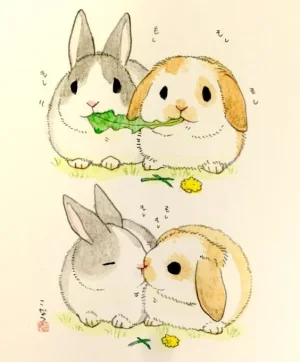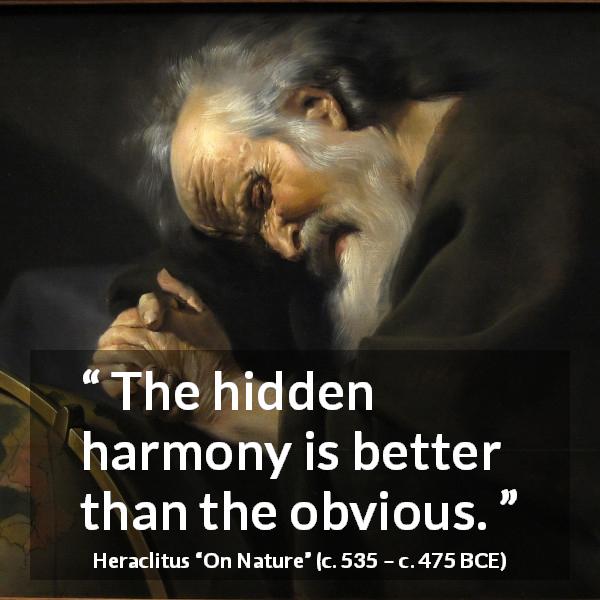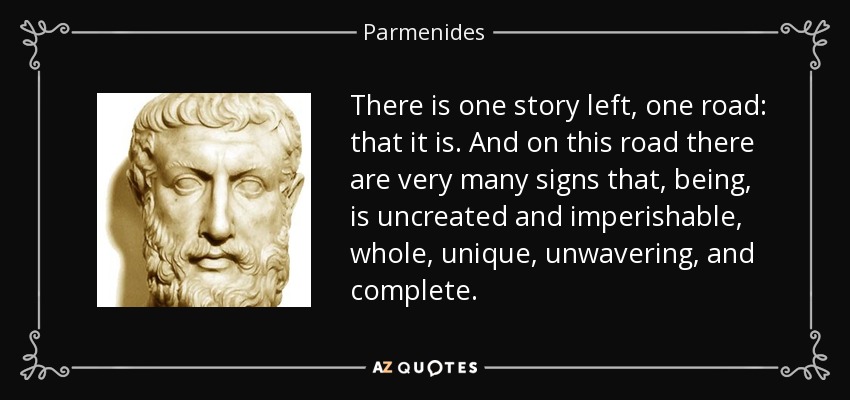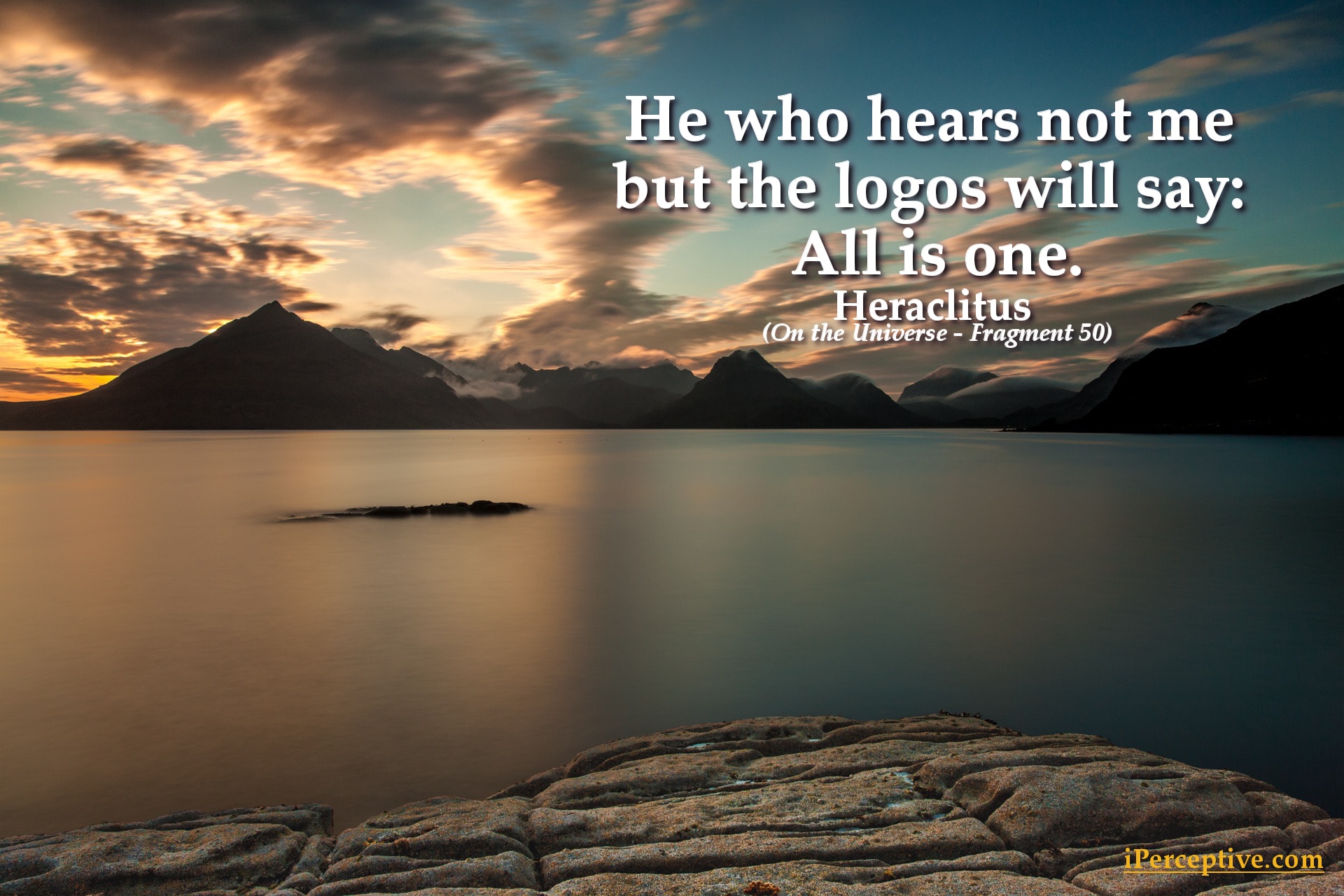Here's my Popparian Analysis.
Things are beautiful if they are hard to vary. In his 1979 play Amadeus, Peter Shaffer describes Mozart’s music "Displace one note and there would be diminishment. Displace on phrase and the structure would fall apart" . Vary Mozart’s music, even just a little, and the whole piece falls to pieces. Every note, every phrase has a specific role to perform; each one is tightly integrated into the next. Beethoven is a classical composer that is known for being meticulous with his approach to music composition. “Composers like Ludwig van Beethoven agonized through change after change, apparently seeking something that he knew was there to be created, apparently meeting a standard that could be met only after much creative effort and much failure.” In a fever of inspiration, artist seem to be reaching for something that is there to be found, some objective standard of beauty. Somewhere in our brain, blind variation and selection of artistic ideas add up to creative thought.
Why are flowers beautiful? In his chapter “Why are Flowers Beautiful?”, Deutsch explains why humans are attracted to flowers. From an evolutionary perspective, it makes sense that bees are attracted to flowers. Flowers provide that life sustaining nectar that the bees need to survive and procreate. Conversely, flowers have a reason to attract bees. They need bees as a vessel to transport pollen. But why should humans be attracted to flowers? We do not depend on them for anything, and they do not depend on us!
The co-evolution of insects and flowers had to involve the creation of a code or language for signalling information between them. The code had to be complex since the genes that created it faced a difficult communication problem, and it had to be both easily recognizable by the right insects and difficult to forge by other species of flower. This is because if other species could cause their pollen to be spread by the same insects without having to produce nectar for them, they would have a selective advantage. In other words, that co-evolution between insects and flowers would never have happened. “So the criterion that was evolving in the insects had to be discriminating enough to pick the right flowers and not crude imitations; and the flowers’ design had to be such that no design that other flower species could easily evolve could be mistaken for it.” (Deutsch, 2011) Both the criterion and the way of meeting it had to be hard to vary.
So why are humans attracted to flowers? We know why bees are, but why us? It may seem plausible to think that flowers are not really objectively beautiful, and that their attractiveness is just a cultural phenomenon. But we find flowers beautiful that we have never seen before, and which have not been known to our culture before for most humans in most cultures. We sing songs, write poems and tell stories about them. "The same is not true of the roots of plants, or the leaves."
(Deutsch, 2011). Well, sometimes a leaf can be beautiful; even the roots can be. But only very rarely! "With flowers it is reliable. It is a regularity in nature." (Deutsch, 2011). A regularity like a law of physics. So what is the explanation? David Deutsch thinks that the reason flowers can reliably signal to bees across their communicationg ap is the same reason that we find flowers beautiful, because there are objective standards of
beauty. Flowers are reaching for an objective standard that is difficult to see, but is nevertheless there! What if this regularity is just a coincidence though? We can see that flowers are considered universally beautiful, but what if the attraction can be explained culturally, or evolutionarily?
Within various domains of art and science, there are extraordinary creators like Beethoven and Einstein who are widely known to have contributed greatly to their respective disciplines. But are the similarities between science and art merely superficial? "Was Beethoven fooling himself when he thought that the sheets in his waste-paper basket contained mistakes: that they were worse than the sheets he would eventually publish?" (Deutsch, 2011). Was he merely meeting some arbitrary cultural standard like buying the right sort of coffee to satisfy the latest lifestyle fad? Or is there substance in saying that Beethoven's music really is far better than pre-schoolers banging wooden
spoons against metal pots? "Is there only 'I know what I like,' or what tradition or authority designates as good? "(Deutsch, 2011). All of these arguments assume that for each standard, there is a culture in which people enjoy and are deeply moved by art that met it. But surely there is more to standards than just this? Surely only exceptional standards, those which great artists have spent
entire lifetimes working on, are chosen to be cultural norms? "Quite generally, cultural relativism (about art or morality) has a very hard time explaining what people are doing when they think they are improving a tradition." (Deutsch, 2011).





